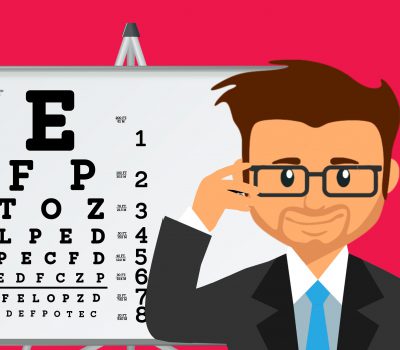

School is fast approaching (sorry for another reminder!). Are you set to attend CPD? Here Jayne Carter looks at what makes effective CPD and how to get the best out of it.

Guidance developed by Dfe (2016) outlines the importance of Effective Professional Development stating:
Effective teacher professional development is a partnership between Headteachers and other members of the leadership team, teachers & providers of professional development expertise, training or consultancy.
In order for this partnership to be successful:
As a teacher, leader & consultant I attend, develop & deliver CPD. I appreciate now the intricacies of high quality CPD just by being part of it; being at the front now instead of sitting at the table with a name card. This has led me to consider the impact of high quality CPD for both attendees and trainer. What are the key aspects which make this a worthwhile commitment? How can both attendees & trainer collaborate to ensure both groups completely benefit from training?
Teacher’s thoughts collated through discussions with colleagues:
We all agreed that CPD, when it was the most effective, was a synergy: a mutually respective partnership between attendee & trainer based on shared values & aims.